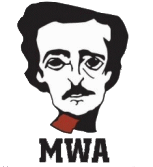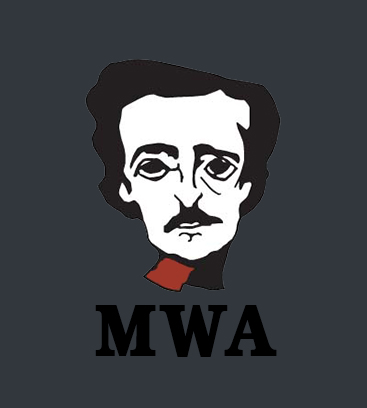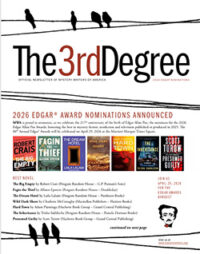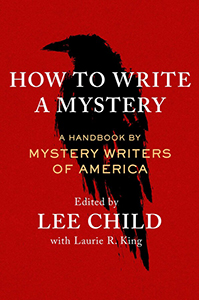In Memoriam: Martin Cruz Smith
 MWA is saddened to learn of the death of 2019 Grand Master Martin Cruz Smith.
MWA is saddened to learn of the death of 2019 Grand Master Martin Cruz Smith.
His publisher, Simon and Schuster, has released the following statement:
We at Simon & Schuster are saddened by the death of Martin Cruz Smith, who passed away peacefully on Friday, July 11, surrounded by those he loved. We offer our condolences to his family and to his many loyal readers who have enjoyed his work over the last half-century.
Smith was a writer accomplished in nearly every genre—westerns, horror, historical fiction, and of course mysteries. He was a recipient of the Mystery Writers of America’s Grand Master Award as well as several international mystery prizes, and he has been acknowledged as an inspiration by many bestselling authors including Lee Child and Slow Horses novelist Mick Herron. Smith’s eleven-book series featuring Moscow detective Arkady Renko — beginning with the 1981 publishing phenomenon Gorky Park and concluding with Hotel Ukraine, just released last week—is one of the great achievements in modern suspense writing, with the Washington Post hailing it “a work of art” and the Denver Post claiming, “Along with icons like Sherlock Holmes, Philip Marlowe, and Sam Spade, Akrady Renko has become one of the finest fictional detectives to prowl the literary landscape.”
For the last three decades, Smith lived with Parkinson’s, and he innovatively incorporated the condition into the more recent Renko novels, with his protagonist facing it as courageously as the author himself. As Smith writes of Renko in Hotel Ukraine: “He could stay at home, do nothing, and surrender as his symptoms got worse…He was defined by who he was and what he could still do. Put that way, it wasn’t even a choice.” “The same was true of Martin Cruz Smith,” says Sean Manning, Vice President and Publisher of Simon & Schuster as well as Smith’s editor. “He was a writer, and he did it beautifully and valiantly until the very end.” As his wife Emily Smith notes, Smith was also “a beloved husband, father and grandfather; an adventurer, traveler and researcher; and a man of deep humanity, humor and insight. He felt that he was the luckiest man alive.”
Here is more biographical information about Martin Cruz Smith:
• Since his first novel published 55 years ago, Martin Cruz Smith has been a staple in the mystery and thriller space. In his prolific career, he’s published over 30 books, including the #1 bestseller Gorky Park. The New York Times has dubbed him “the master of the international thriller,” the New Yorker has called him “brilliant,” and his most famous character, Detective Arkady Renko, is “one of the most compelling figures in modern fiction” (USA Today). On July 8, 2025, Simon & Schuster published Martin Cruz Smith’s 11th and final Arkady Renko novel: HOTEL UKRAINE.
• Smith’s books published by Simon & Schuster have combined sold over one million copies across formats. His books have been sold worldwide in over 25 languages.
• Smith was diagnosed with Parkinson’s Disease in 1995, but kept it hidden from the public until 2013. Smith decided to write the disease into his novels by way of Moscow investigator Arkady Renko, a character Smith first created 44 years ago. In his previous book, Independence Square, the detective was diagnosed with the disease and now, in HOTEL UKRAINE, readers see the effects of Renko’s Parkinson’s worsen. It’s rare for reoccurring characters in detective series to show signs of aging or mortality, often shown as indestructible, larger-than-life figures. Smith humanized Arkady and, through the character, movingly described his own experience with the disease.
• Smith had decades of fascinating stories to share. Born to a jazz musician and a nightclub singer, Smith moved around as a child. His travel only continued into adulthood as he spent time in Russia, Siberia, Kyiv, Cuba, and beyond researching for his books. He had stories of being added to a Soviet list of foreign agents provocateurs to avoid, and of being kicked off a Russian factory ship in the Bering Sea by the KGB. And he had anecdotes of arguing with publishers to allow him to write a Russian protagonist in the 1970s.



